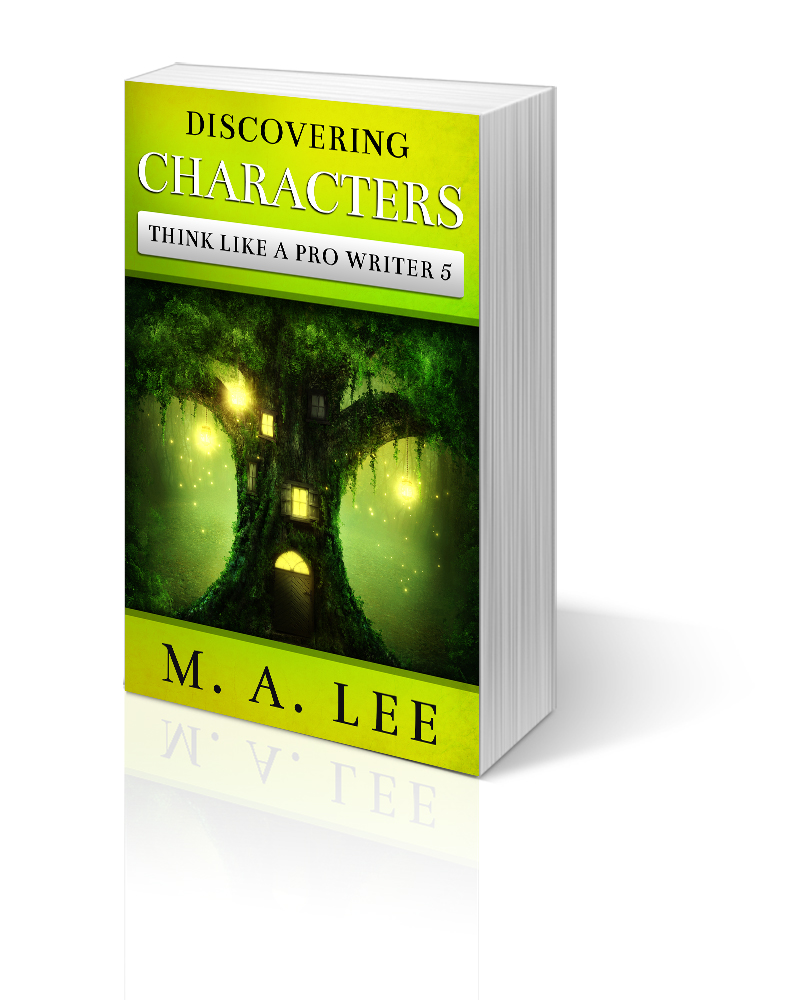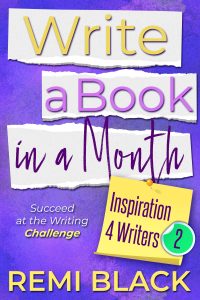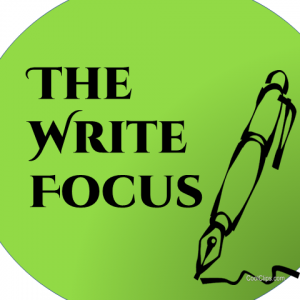What kind of writer are you? Planner or Plotter? Pantster? Puzzler? Muse Muffin?
Whether you use the mosaic method or a chronological one, whether you outline every scene or let the words flow, the method does not matter. What matters is the end goal.
So, what’s the end goal with your writing? Just to write? To publish? Fame and fortune?
Plenty of frittery flutter-bys write and write and go nowhere. As for fame and fortune, those can’t be guaranteed.
However, when your goal is publication, Discovering Your Novel is the guidebook to help you overcome the Sisyphean task of first word to publication.
With the goal of completing a novel in 52 weeks, this guidebook can be self-paced or tracked week by week for persistent success.
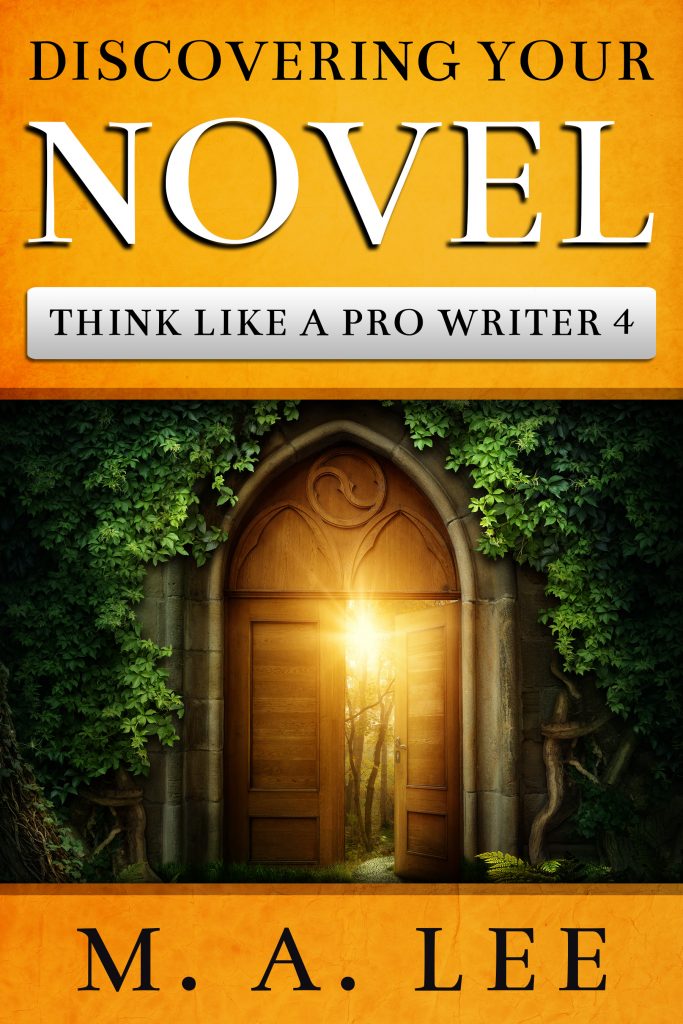
- If you have a half-completed manuscript that you’re lost in, use the Foundations and Visioning sections to work your way out of the labyrinth.
- If the story’s a mucky mire more like quicksand than a novel you can build on, use the Analysis section to clear away the mud and weeds.
- Like a long ball of string, the multiple charts will help you keep track of where you’ve been and where you will head next. Printable charts are available for free at the website address provided in the guidebook
- When you complete the manuscript, what do you do next? The sections on Harvesting and Finishing answer these questions as they guide you to creating a professional career as a writer.
Launch your writing journey at your current location on the publishing road—incipient idea or character sketches or story plan or struggling manuscript or completed novel looking into publication.
Track your progress with daily word counts recorded on the charts.
Learn the devices and definitions that pro writers have swirling in their heads.
Maintain the discipline and preparation that keeps pro writers at work, no matter the interruptions.
Writer M.A. Lee meandered along the road of unfinished manuscripts and completed novels with nowhere to publish for many years before she decided to drive to her own destiny. If you’re tired of gatekeepers and pay-to-play schemes, if you’re weary of elitist traditional publishers and you’re eager to jump on the self-publishing juggernaut, then Discovering Your Novel will give the guidance you need.


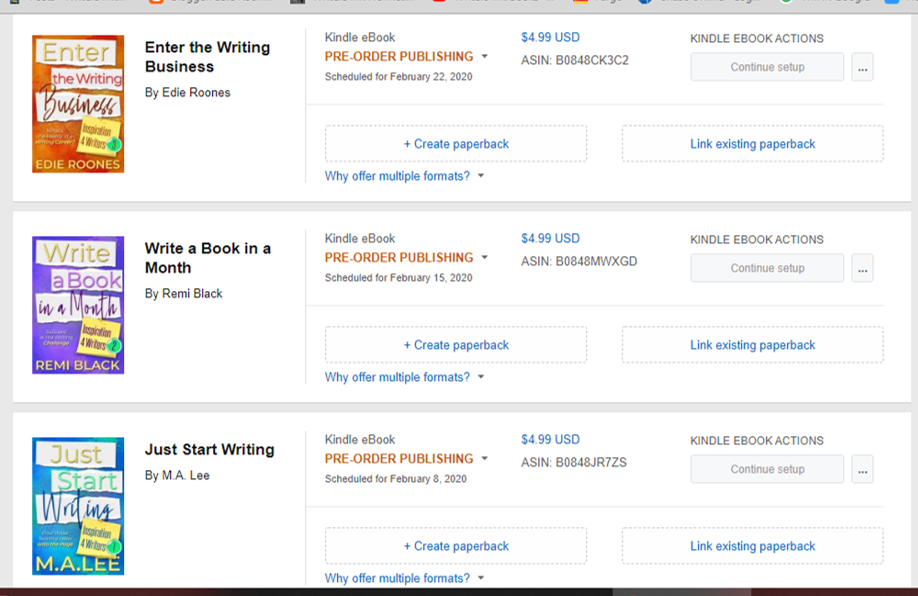
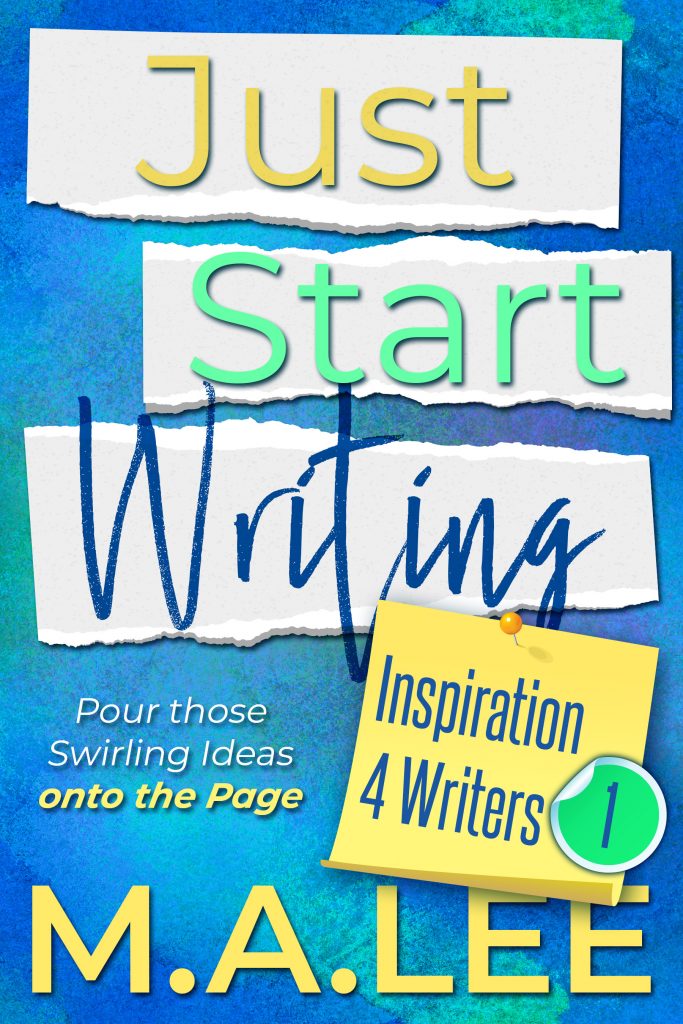
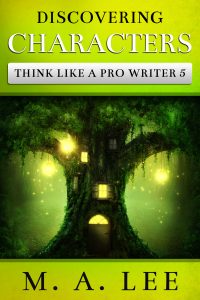 just as the suburbia ranch houses have their garden plantings and the urban row houses have their painted doorways. These small touches create individual homes in neighborhoods.
just as the suburbia ranch houses have their garden plantings and the urban row houses have their painted doorways. These small touches create individual homes in neighborhoods.